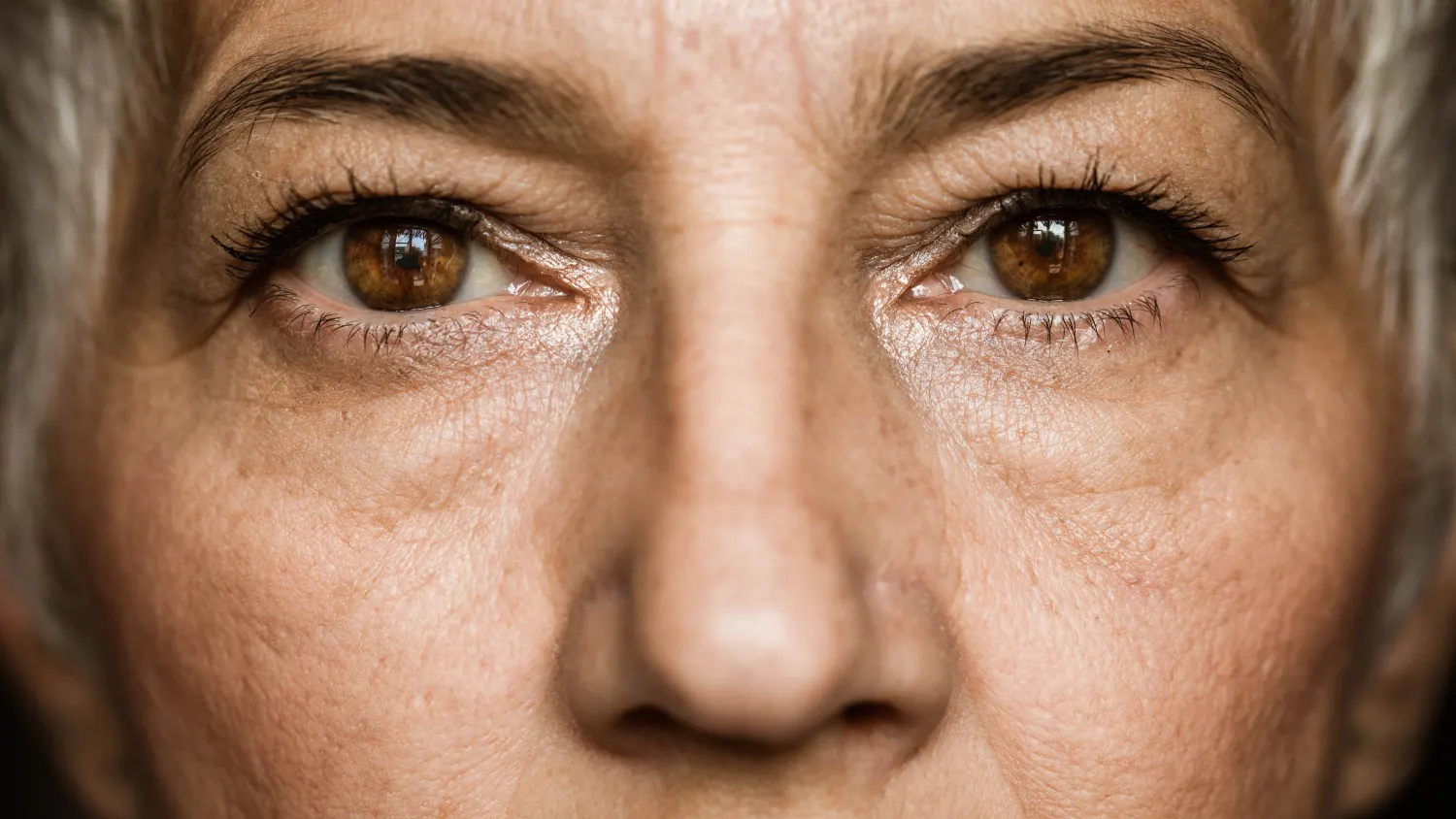The natural lens of the eye can become clouded, which impairs eyesight. The lens behind the pupil focuses light onto the retina, which then communicates vision information to the brain. Cataracts are the main cause of blindness around the globe and are a common age-related condition. However, cataract surgery is typically an efficient way to treat them. There are several options for cataract treatments in Albuquerque, NM
The lens becomes opaque or cloudy as a cataract form, which can lead to blurry, hazy, or dim vision and sensitivity to glare, and trouble seeing at night. Age, genetics, eye injury, specific medicines, and underlying medical conditions like diabetes are just a few of the causes of cataracts, which can appear in one or both eyes.
Following are some of the options:
The most popular method of treating cataracts is cataract surgery. The cloudy lens is removed during operation and is swapped out for an implanted artificial lens. Cataract surgery can be performed in various ways, traditionally with laser assistance and femtosecond laser assistance.
Contact lenses or prescription glasses: If your cataracts are not too serious, you can control your symptoms with contacts or prescription glasses.
Medication: Some medicines, such as eye drops, to lessen inflammation and discomfort can help control the symptoms of cataracts.
Lifestyle changes: Altering your way of life, such as stopping smoking and limiting your exposure to UV rays, may help cataracts develop more slowly.
You can start by searching online for an eye care facility in Albuquerque, New Mexico.
To find a cataract treatment provider in Albuquerque, NM, you can start by consulting with your primary care physician or optometrist for a referral. You can also search online for ophthalmologists or eye clinics specializing in cataract treatment in the Albuquerque area.
Why should you receive eye treatment?
Cataracts should be treated because they can hurt your eyesight and quality of life. The progression of cataracts can make it challenging to see properly and carry out routine activities like reading, driving, and identifying people. Cataracts can affect eyesight, but they can also raise the chance of accidents and falls and make people more depressed and socially isolated.



